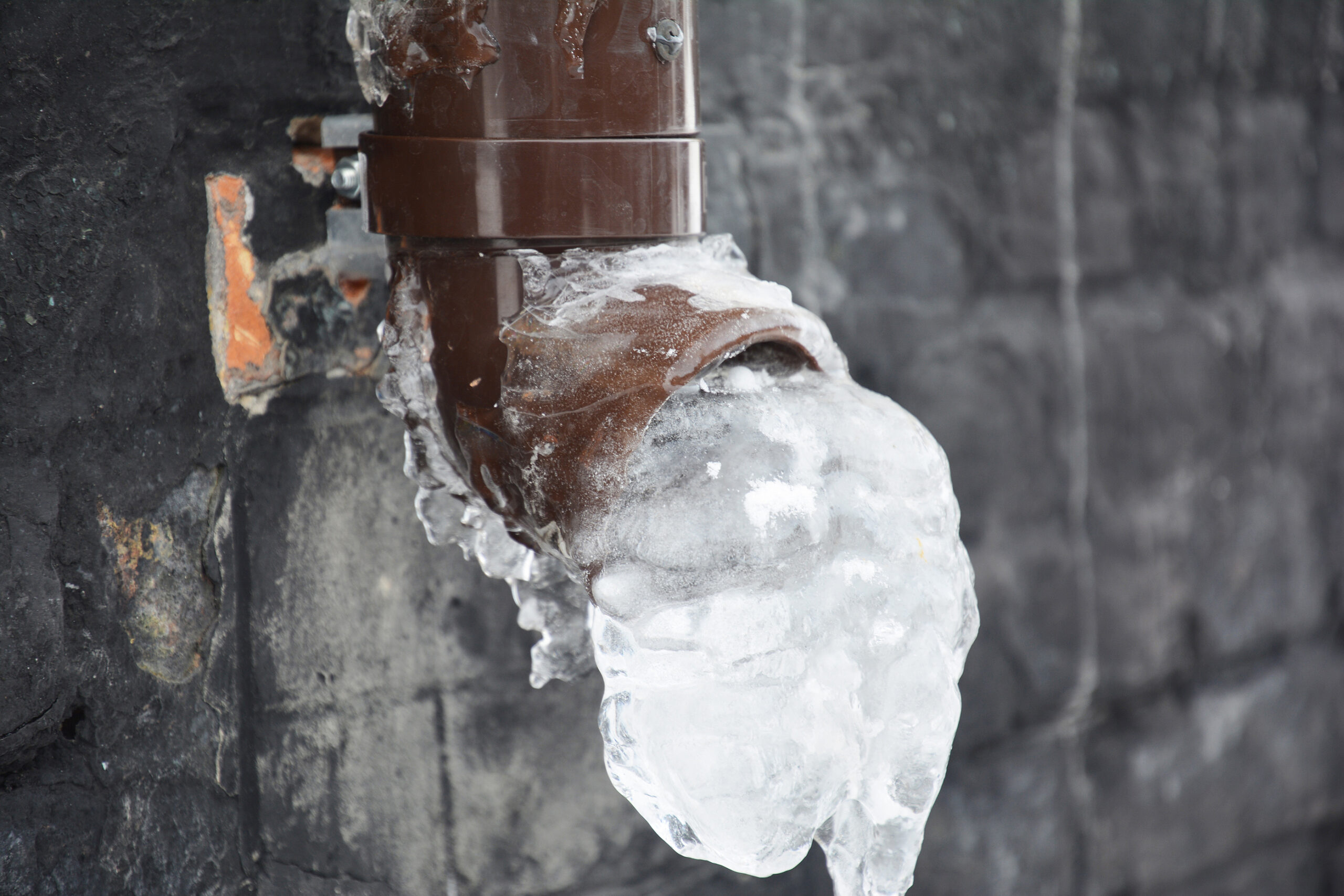The article which follows pertaining to How to Prevent Your Pipes From Freezing is fairly entertaining. Give it a go and make your own results.

Cold weather can damage your plumbing, especially by freezing pipelines. Here's exactly how to stop it from occurring and what to do if it does.
Intro
As temperatures decrease, the threat of icy pipelines rises, possibly leading to expensive repairs and water damage. Comprehending exactly how to prevent frozen pipelines is important for house owners in cold environments.
Avoidance Tips
Shielding prone pipelines
Wrap pipelines in insulation sleeves or utilize warm tape to protect them from freezing temperatures. Focus on pipelines in unheated or exterior areas of the home.
Heating methods
Keep interior rooms adequately heated up, especially locations with plumbing. Open closet doors to enable warm air to flow around pipes under sinks.
Exactly how to identify icy pipes
Try to find lowered water flow from taps, uncommon odors or sounds from pipelines, and visible frost on revealed pipelines.
Long-Term Solutions
Structural changes
Consider rerouting pipes away from outside wall surfaces or unheated locations. Add additional insulation to attic rooms, cellars, and crawl spaces.
Upgrading insulation
Buy premium insulation for pipes, attics, and wall surfaces. Proper insulation helps maintain constant temperature levels and reduces the threat of icy pipes.
Safeguarding Outdoor Pipes
Garden hoses and exterior faucets
Separate and drain garden tubes before wintertime. Install frost-proof faucets or cover outdoor taps with protected caps.
Recognizing Icy Pipes
What causes pipes to ice up?
Pipelines ice up when exposed to temperature levels below 32 ° F (0 ° C) for expanded periods. As water inside the pipelines ices up, it expands, taxing the pipeline walls and potentially triggering them to burst.
Threats and damages
Icy pipelines can lead to water interruptions, residential or commercial property damage, and costly fixings. Ruptured pipes can flood homes and cause extensive architectural damages.
Indicators of Frozen Pipes
Identifying frozen pipes early can avoid them from rupturing.
What to Do If Your Pipes Freeze
Immediate actions to take
If you think frozen pipes, maintain faucets open up to ease pressure as the ice thaws. Use a hairdryer or towels soaked in warm water to thaw pipelines slowly.
Conclusion
Preventing icy pipes calls for positive measures and fast reactions. By understanding the reasons, indicators, and safety nets, homeowners can secure their pipes throughout winter.
Helpful Tips to Prevent Frozen Pipes this Winter
UNDERSTANDING THE BASICS: WHY PIPES FREEZE AND WHY IT’S A PROBLEM
Water freezing inside pipes is common during the winter months, but understanding why pipes freeze, and the potential problems it can cause is crucial in preventing such incidents. This section will delve into the basics of why pipes freeze and the associated problems that may arise.
THE SCIENCE BEHIND FROZEN PIPES
When water reaches freezing temperatures, it undergoes a physical transformation and solidifies into ice. This expansion of water as it freezes is the primary reason pipes can burst. As the water inside the pipe freezes, it expands, creating immense pressure on the walls. If the pressure becomes too great, the pipe can crack or rupture, leading to leaks and water damage.
FACTORS THAT CONTRIBUTE TO PIPE FREEZING
Low Temperatures: Extremely cold weather, especially below freezing, increases the risk of pipes freezing. Uninsulated or Poorly Insulated Pipes: Pipes located in unheated areas, such as basements, crawl spaces, or attics, are more prone to freezing. Insufficient insulation or lack of insulation altogether exacerbates the problem. Exterior Wall Exposure: Pipes running along exterior walls are susceptible to freezing as they encounter colder temperatures outside. Lack of Heating or Temperature Regulation: Inadequate heating or inconsistent temperature control in your home can contribute to frozen pipes. PROBLEMS CAUSED BY FROZEN PIPES
- Pipe Bursting: As mentioned earlier, the expansion of water as it freezes can cause pipes to burst, resulting in significant water damage.
- Water Damage: When pipes burst, it can lead to flooding and water damage to your property, including walls, ceilings, flooring, and personal belongings.
- Structural Damage: Prolonged exposure to water from burst pipes can compromise the structural integrity of your home, leading to costly repairs.
- Mold and Mildew Growth: Excess moisture from water damage can create a favorable environment for mold and mildew growth, posing health risks to occupants.
- Disrupted Water Supply: Frozen pipes can also result in a complete or partial loss of water supply until the issue is resolved.
WHY CERTAIN PIPES ARE MORE PRONE TO FREEZING
- Location: Pipes located in unheated or poorly insulated areas, such as basements, crawl spaces, attics, or exterior walls, are at higher risk of freezing.
- Exterior Pipes: Outdoor pipes, such as those used for irrigation or exposed plumbing, are particularly vulnerable to freezing as they are directly exposed to the elements.
- Supply Lines: Pipes that carry water from the main water supply into your home, including the main water line, are critical to protect as freezing in these lines can affect your entire plumbing system.
- Underground Pipes: Pipes buried underground, such as those connected to sprinkler systems or outdoor faucets, can be susceptible to freezing if not properly insulated.
https://busybusy.com/blog/helpful-tips-to-prevent-frozen-pipes-this-winter/

We hope you enjoyed our post about How to Prevent Your Pipes From Freezing. Thanks a lot for taking time to browse our article post. Are you aware of anybody else who is looking into the subject? Be sure promote it. I truly appreciate reading our article about How to prepare your home plumbing for winter weather.
Visit My Site